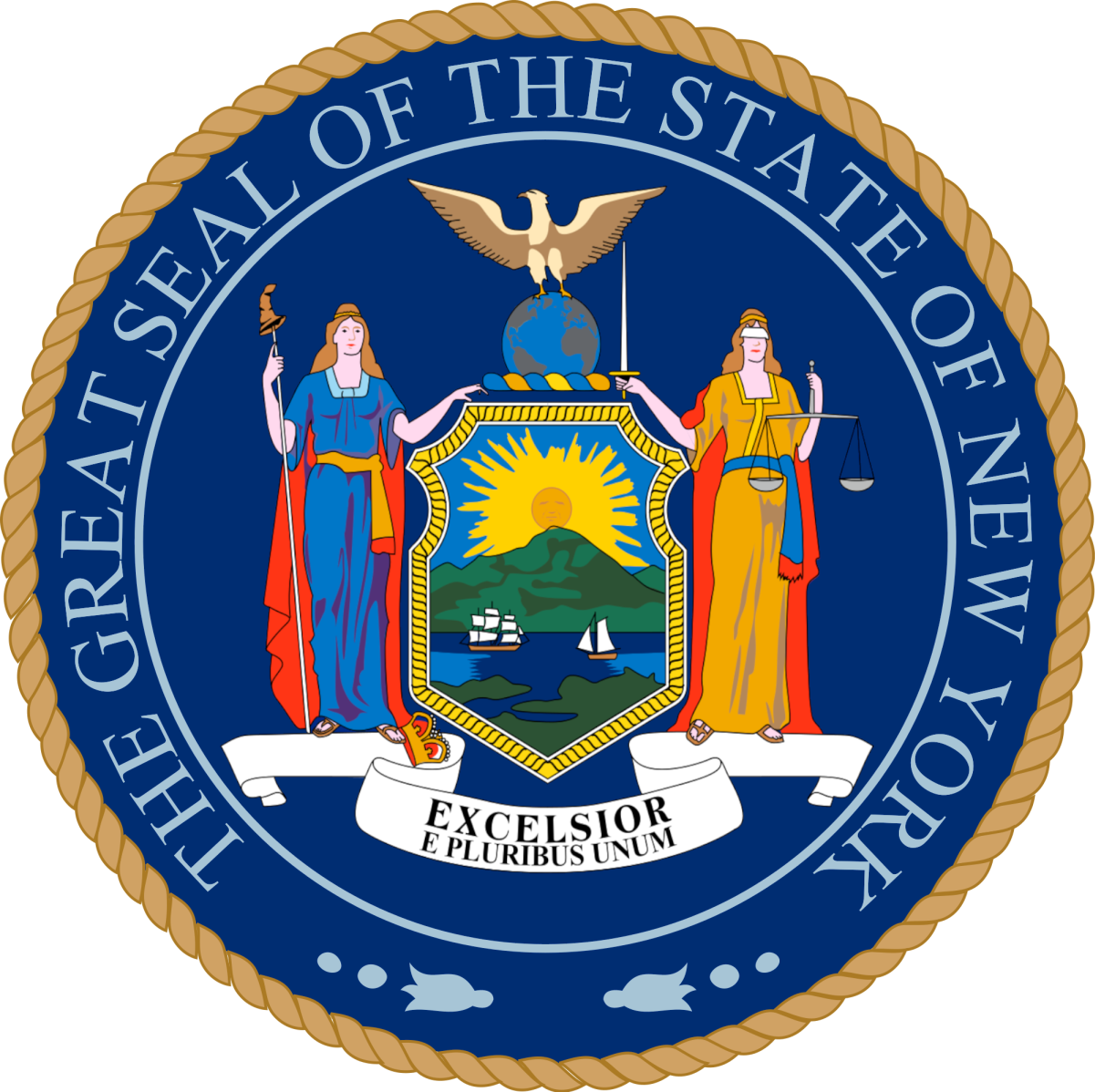Generic Advisory Opinion
The Legislative Ethics Commission has approved generic advice on the topic listed below. The guidance offered is general in nature and the Commission's response to individual questions may vary according to the facts of each particular request. You are strongly advised to consult Commission staff or your counsel's office for advice pertaining to your individual situation.
Post Employment Restrictions Generic Advice (Senators/Assemblymembers)
Pursuant to the Public Officers Law, former Senators and Assemblymembers (hereafter, “Members”) are prohibited from directly or indirectly promoting or opposing the passage of legislation in either house of the legislature, for compensation, for two years after they terminate their legislative service.
RELEVANT STATUTE: Public Officers Law §73(8)(a)(iii).
DISCUSSION: Public Officers Law §73(8)(a)(iii) provides the general rule regarding the post employment restrictions for all Members, and in relevant part, states:
No person who has served as a member of the legislature shall within a period of two years after the termination of such service receive compensation for any services on behalf of any person, firm, corporation or association to promote or oppose, directly or indirectly, the passage of bills or resolutions by either house of the legislature.
The Commission has determined that the language of Public Officers Law § 73(8)(a)(iii) is specific in regard to directly or indirectly lobbying either house of the legislature during the two year ban. However, a former member may promote or oppose legislation with other government entities in New York State, including the executive and state agencies. Additionally, the Commission notes that the prohibition would not restrict a former member’s lobbying and communication with any branch of the federal government, local governments, or governments of other states, including other state legislatures.
The statute specifies that former legislators are also prohibited from providing services for compensation to indirectly promote or oppose the passage of bills or resolutions by either house of the legislature. This is unlike the post employment restrictions for former legislative employees who are only banned from direct lobbying. Consequently, a former member would be prohibited from participating in meetings with legislators and from any verbal and/or written communication with legislators and their staff regarding bills or resolutions. In addition, a former member would be prohibited from advising any employer or client on legislative strategy and from communicating through said employer to members and employees of the legislature regarding legislative issues. Relatedly, communications from others at a former member’s future employment to the legislature could not include references to the former member in their new position. Former members are also cautioned that they are prohibited from speaking at events regarding legislative issues if any legislators or legislative staff are present.
Communication with members of the legislature or legislative staff, including communications initiated by legislative members or staff, regarding issues other than the promotion or opposition of legislation or resolutions is permissible under the statute, however such communications must be completely unrelated to legislation. Issues such as community services provided by a member's new employer could be communicated by a former member to legislators, but any such conversations must be limited to those non-legislative issues.
Additionally, the Commission has determined that the language of Public Officers Law §73(8)(a)(iii) is specific with regard to prohibiting compensated services or employment to appear before either house of the legislature. If a former member receives no compensation of any kind, including deferred compensation, salary (including salary for duties other than appearing before the legislature), or benefits, his or her appearances before and communications with members or staff of either house of the legislature would not be prohibited.
The only exception to the post employment lobbying restrictions is the “government to government” exception defined in Public Officers Law §73(8)(e). The statute provides, in pertinent part, post employment restrictions:
…shall not apply to any appearance, practice, communication or rendition of services before…either house of the legislature, or to receipt of compensation for any such services, rendered by a …former member of the legislature or legislative employee, which is made while carrying out official duties as an elected official or employee of a federal, state or local government or one of its agencies.
In short, the post employment ban does not apply to subsequent employment with another government entity or one of its agencies or to individuals elected to public office. We strongly advise that you contact the Commission to be certain that any future employer is defined as a government entity or one of its agencies for the purposes of this section.
Legislators are encouraged to contact the Commission with any questions.
Adopted unanimously on August 30, 2022
